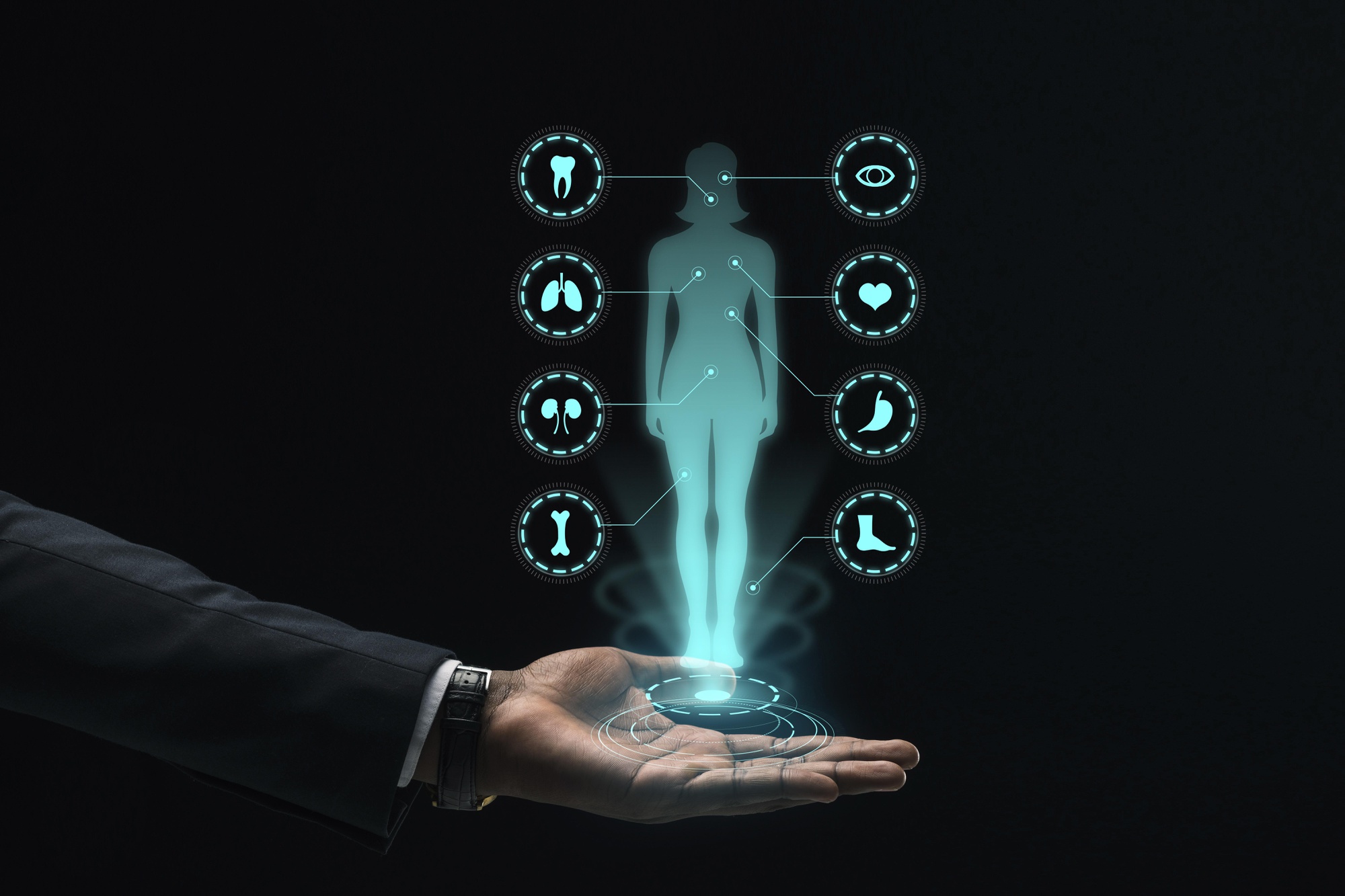
Women's Health: Understanding Hormonal Changes
Hormones are incredibly fundamental components in the female body that affect various body processes at different stages in her lifetime. Such hormonal changes are important to understand with the purpose of adequately handling a human body and its processes. From puberty to menopause, all aspects of a woman’s life, including physical, mental, and emotional, are involved and influenced by hormonal changes. This paper seeks to discuss the main hormonal fluctuations that women undergo and how to deal with the changes.
Major Hormonal Fluctuations in a Woman’s Life
1. Puberty
This stage, also known as adolescence, is the first time a girl develops distinct hormonal changes and occurs around ages eight and thirteen. The most significant endocrine organs are estrogen and progesterone, which are secreted by the ovaries.
Effects of Puberty:
● Menstruation: The beginning of the monthly cycle of hormonal changes that prepare the body for future pregnancy.
● Physical Changes: Appearance of secondary sexual characteristics, including the production of breast tissue, a wider pelvis, and fat deposition or accumulation.
● Emotional Changes: One can easily become irritated or depressed due to hormonal changes that come with having a menstrual cycle.
2. Menstrual Cycle
It is a cyclic process that naturally and physiologically takes place monthly as a result of interactions of hormones such as estrogen, progesterone, FSH, and LH.
Phases of the Menstrual Cycle:
● Menstrual Phase: Periodic sloughing of the endometrium if conception does not take place.
● Follicular Phase: FSH causes the development of ovarian follicles, and estrogen levels begin to increase.
● Ovulation: In the female reproductive cycle, LH induces the release of follicle-containing eggs from the ovary.
● Luteal Phase: Oestrogen levels rise to prepare the uterus for pregnancy; if pregnancy is not achieved, oestrogen levels reduce and cause menstruation.
Common Issues:
● Premenstrual Syndrome (PMS): Some of the behavioral changes associated with premenstrual syndrome include mood swings, bloating, and feeling tired before or during the menstrual period.
● Menstrual Disorders: Abnormalities like missed periods, periods that last a very long time, or very heavy bleeding and painful periods or cramping during menstruation.
3. Pregnancy
Pregnancy entails a number of hormonal alterations to the body in order to accommodate the growing fetus. The key hormones are human chorionic gonadotropin (hCG), estrogen, progesterone, and relaxin.
Hormonal Effects during Pregnancy:
● Morning Sickness: Like most infertility treatments, it is accompanied by adverse side effects such as nausea and vomiting due to the elevated levels of hCG.
● Physical Changes: Progesterone makes muscles and ligaments relaxed, and on the other hand, relaxin helps prepare the pelvic cavity for birth.
● Emotional Changes: This is because hormonal changes that occur in phases of the menstrual cycle—pregnancy, postnatal, and menopause—are associated with mood swings and increased sensitivity.
4. Perimenopause and Menopause
Perimenopause is the stage where a woman is gradually preparing for the cessation of her menstruation, which generally starts in the 40s, and menopause is the state where the menstruation has ceased, which commonly occurs in the range of 45 to 55.
Perimenopause:
● Hormonal Fluctuations: This affects the menstrual cycle by producing irregularities in estrogen and progesterone and can cause symptoms such as hot flushing and night sweating.
● Symptoms: Anxiety, alterations in sleep patterns, dryness of the vagina, and loss of sexual drive.
Menopause:
● End of Menstruation: It is a condition where women have been unable to experience a menstrual period for one year or a period of 12 months consecutively.
● Hormonal Decline: It accounts for a sharp decline in estrogen and progesterone hormones.
● Long-term Effects: They may also become more susceptible to osteoporosis and other cardiovascular diseases due to low levels of estrogen in the body.
Managing Hormonal Changes
1. Lifestyle Modifications
Healthy Diet:
● Balanced Nutrition: Ensure you take a balanced diet that comprises fruits, vegetables, whole grain foods, lean protein sources, and certified fats.
● Calcium and Vitamin D: Needed for strong bones and specifically required during the change of menopause.
Regular Exercise:
● Physical Activity: Aids in maintaining a healthy weight, regulating stress levels, and boosting mood.
● Strength Training: Essential for retention of bone density and muscularity.
2. Medical Interventions
Hormone Replacement Therapy (HRT):
● Benefits: May help in reducing menopausal symptoms such as hot flushes and dryness of the vaginal area.
● Risks: Should be shared with a healthcare provider because the use of HRT may raise the risk for certain conditions.
Medications:
● Birth Control Pills: Can affect the menstrual cycle and reduce the intensity of PMS.
● Antidepressants: May be prescribed for individuals with serious mood swings or depression associated with hormonal changes.
3. Alternative Therapies
Herbal Supplements:
● Black Cohosh and Red Clover: They are sometimes prescribed for the alleviation of menopausal symptoms, although the effectiveness is not uniform.
● Consult Healthcare Provider: It’s wise to consult a doctor before using any supplements.
Mind-Body Practices:
● Yoga and Meditation: May help in decreasing stress and enhancing the overall mood.
● Acupuncture: Acupuncture also helps some women in managing menopausal symptoms.
Conclusion
It is established that hormonal changes are an inevitable part of every woman’s life since they contribute to her overall well-being during puberty, childbearing, and menopausal years. Awareness of these transitions and practicing proactive management approaches assist women in avoiding health risks. With the help of information and prevention, women are able to cope with the problems arising from hormonal changes and lead healthier lives.


Comments (0)
No comments yet. Be the first to comment!